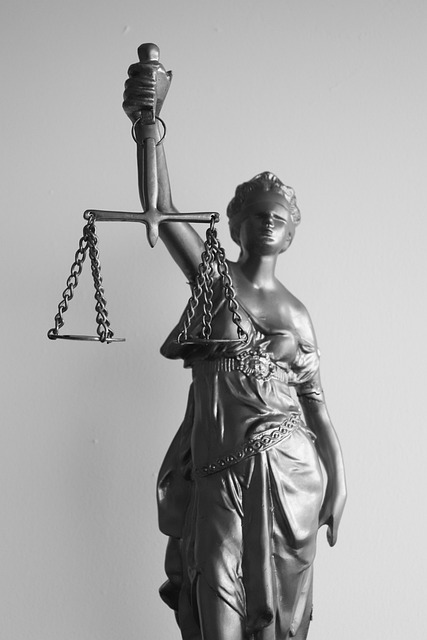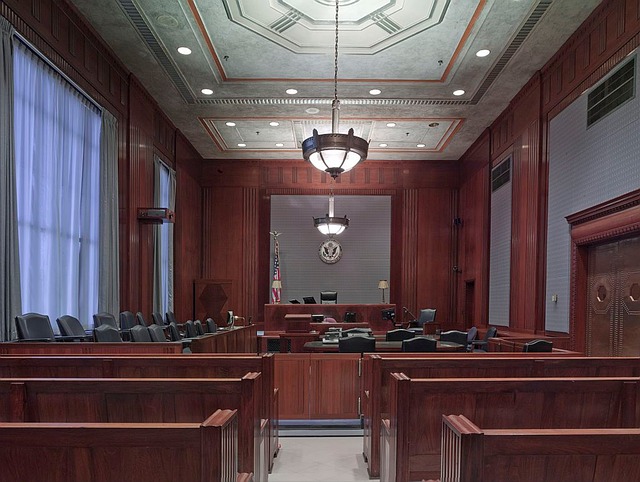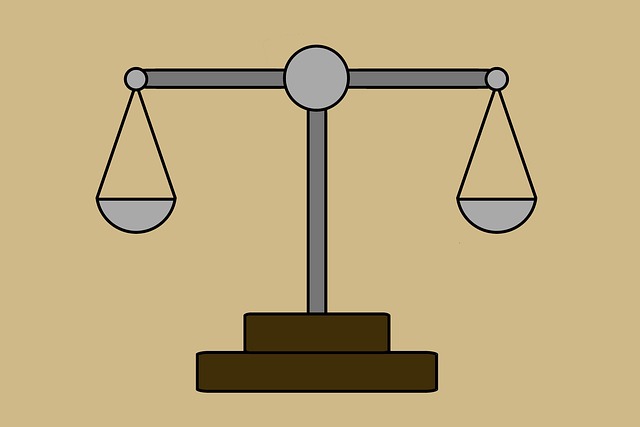Securities class actions protect investors from federal securities law violations, stemming from fraud, misrepresentation, or omitting crucial info, with significant legal and financial repercussions for non-compliance. These cases involve complex legal processes and key stakeholders advocating for justice and ethical business practices. Understanding the Legal Implications of Securities Compliance Failures is vital for developing defense strategies. Companies must establish robust internal controls, maintain transparency, and seek expert legal counsel to protect against severe consequences like lawsuits, criminal charges, and governance disruptions.
Securities class actions are a powerful mechanism safeguarding investor rights, but navigating their complex legal landscape is crucial. This article delves into the intricate world of securities class actions, exploring key aspects such as understanding the legal framework governing these suits, examining the significant impact of compliance failures on investor protections, and discussing strategies to navigate consequences while safeguarding shareholder interests. By dissecting the legal implications of securities compliance failures, we aim to provide valuable insights for investors and professionals alike.
- Understanding Securities Class Actions: A Legal Framework
- The Impact of Compliance Failures on Investor Rights
- Navigating the Consequences and Protecting Investor Interests
Understanding Securities Class Actions: A Legal Framework

Securities class actions are a legal framework designed to protect investors from violations of federal securities laws. When companies or individuals engaged in securities transactions fail to comply with regulatory requirements, it can lead to significant legal implications. These cases typically involve allegations of fraud, misrepresentation, or non-disclosure of material information, resulting in economic losses for affected shareholders. Understanding the intricacies of these legal processes is crucial for both investors and businesses to ensure compliance and mitigate potential risks.
The legal landscape surrounding securities class actions is complex, encompassing various stages of investigation and enforcement. Across the country, courts play a pivotal role in interpreting and applying the law, ensuring fairness and accountability. Philanthropic and political communities actively engage in these discussions, as they impact not just the business sector but also the broader public interest. Through all stages of this process, from initial investigations to trial and settlement, the goal is to uphold justice and promote ethical business practices.
The Impact of Compliance Failures on Investor Rights

Compliance failures within organizations can have profound implications for investor rights and lead to significant legal repercussions. When companies neglect their regulatory obligations, it creates an environment that fosters fraud, manipulation, and abuse of the securities markets. These lapses in compliance often result in harm to investors who may suffer substantial financial losses due to misleading information or undisclosed material facts.
The legal implications of securities compliance failures extend far beyond mere compensation for economic damages. They can trigger criminal investigations, leading to charges of white-collar and economic crimes against individuals within the organization. A robust white-collar defense strategy becomes paramount in such scenarios, aiming to achieve extraordinary results by mitigating liability and protecting the rights of all parties involved.
Navigating the Consequences and Protecting Investor Interests

Navigating the consequences of securities class action lawsuits is a complex task that demands meticulous attention to detail. When a company faces such legal implications stemming from securities compliance failures, the impact can be severe, affecting not just their respective business operations but also the interests of investors. These cases often result in significant financial burdens, reputational damage, and changes to corporate governance structures. Understanding the intricate web of legal requirements and regulatory expectations is crucial for companies aiming to protect themselves from such challenges.
One key strategy involves establishing robust internal controls and compliance protocols. By implementing stringent measures that adhere to securities laws and regulations, companies can mitigate the risk of mistakes or intentional violations that could lead to class action lawsuits. Furthermore, maintaining open lines of communication with investors and fostering transparency can help in building trust and avoiding challenging defense verdicts. In the event that a lawsuit arises, a proactive approach—including thorough documentation, factual investigations, and expert legal counsel—can significantly enhance the chances of reaching favorable settlements or winning challenging defense verdicts, ultimately safeguarding investor interests.
Securities class actions play a crucial role in holding corporations accountable for compliance failures that negatively impact investors. By understanding the legal framework, recognizing the consequences of such failures, and implementing robust investor protection measures, companies can mitigate their legal risks and foster trust among their shareholder base. The Legal Implications of Securities Compliance Failures underscore the importance of proactive measures to safeguard investor rights in today’s complex financial landscape.






